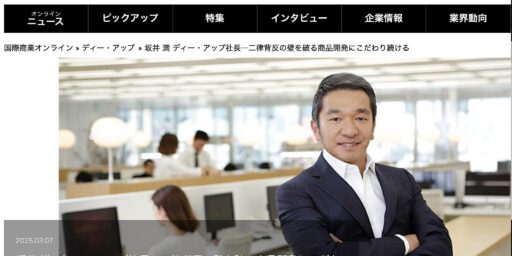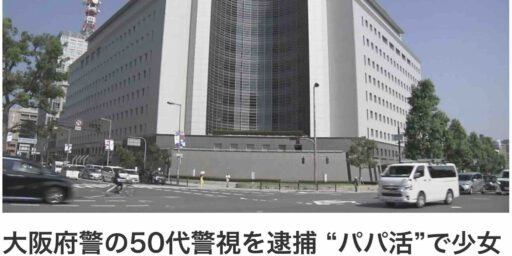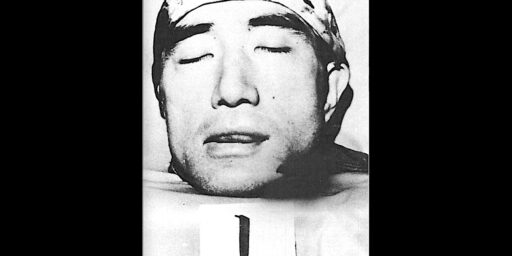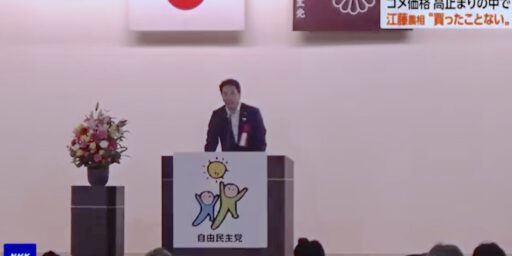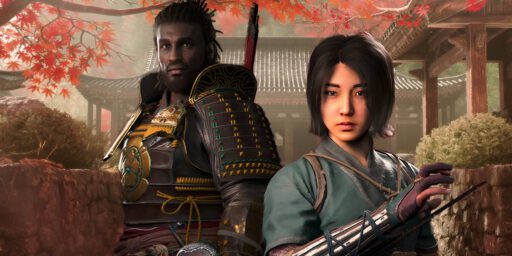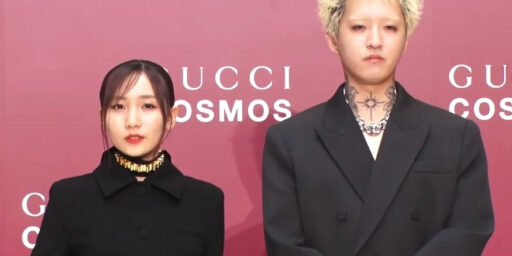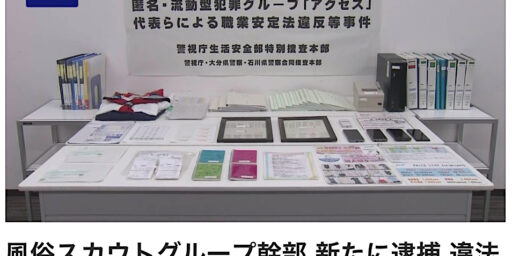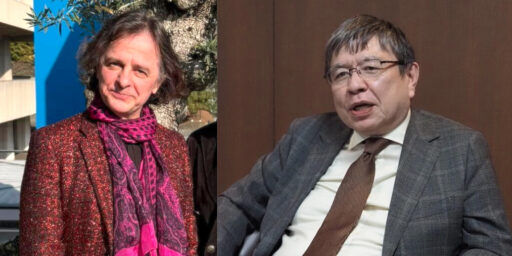新元号「令和」。命令、号令の「令」と昭和天皇の「和」 New name of era under new Japanese Emperor is REIWA. 'Rei' like 'Meirei', 'Gorei' = Order or Command, 'Wa' like 'Showa' from the Japanese Emperor Showa
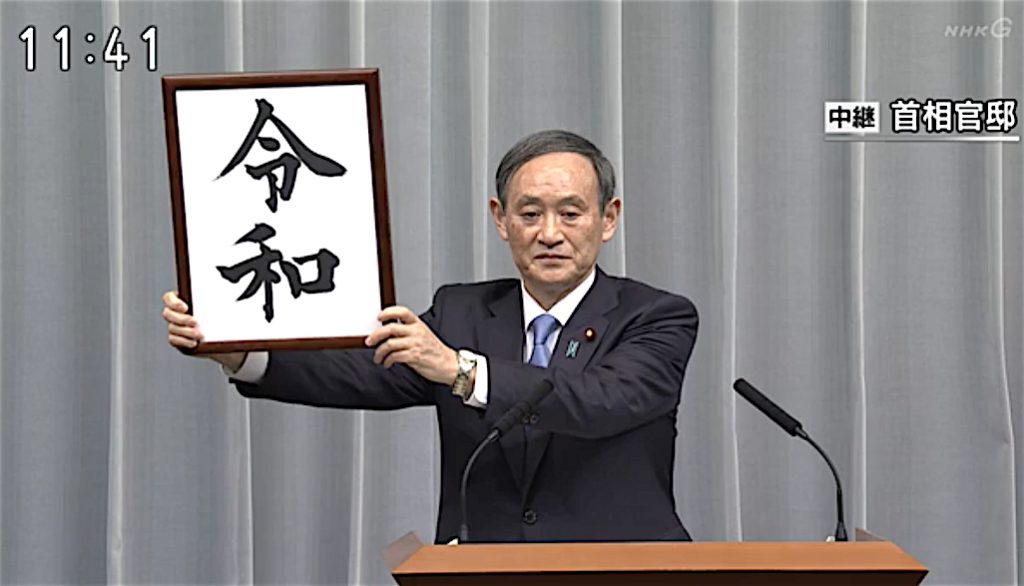
二時間前、平成31年4月1日、午前11時41分に、新元号が発表されました:「令和」。
早速、わたくしはベリリン大学時代から使っている日本学の和独辞書で調べました。次のように説明されています:
令 REI Befehl
命令 meirei – Befehl
号令 gorei – Kommando, Befehl
訓令 kunrei – Instruktion, Anordnung
政令 seirei – Regierungserlass
発令 hatsurei – amtliche Bekanntmachung
和 WA (O) Friede, Harmonie; yawa(rageru/ragu), nago(mu) – nachlassen, (sich) beruhigen; nago(yaka) – mild, sanft, freundlich
和文 wabun – japanische Schrift
和風 wafu – japanischer Stil
不和 fuwa – Zwietracht, Feindschaft
大和 Yamato – (das alte) Japan
わたくしは、「令和」という新元号の中、命令、号令、訓令と昭和天皇・大和の言葉・意味を読み取ります。
他のコメントを控えさせていただきます。
東京、平成31年4月1日、午後1時50分
亜 真里男
アップデート:
「令」、「令状」、「令書」、「令旨」に関して、order/command/obey の意味も含まれています。
令状 reijo – Schriftlicher Befehl
令書 reisho – Schriftliche Anordnung
令旨 ryo-ji or reishi – Schriftlicher Befehl eines Mitglieds der kaiserlichen Familie
令 = いいつけ。親の言いつけを守る⦅親に従う⦆obey one’s parents
初の「令」、幕末には「徳川に命令」で不使用に
令和で248番目となる元号のうち、「令」の字が使われるのは初めてだ。
「日本年号史大事典」(雄山閣)によると、幕末に元号が「元治」に決まる際、令の字を含む「令徳」も候補になった。だが、「徳川に命令する」という意味が込められていると幕府内から反発があり、使われなかったという。
これに対し、「和」の字は「昭和」などを含め、通算20回目となる。「仲良くする」「やわらぐ」といった意味があることから、多く使われているとみられる。
https://www.yomiuri.co.jp/national/20190401-OYT1T50205/
According to an encyclopedic reference work on historical era names, the name REI-TOKU was ultimately rejected for having unseemly political overtones because it sounded like “ordered/commanded by the Tokugawa shogunate” (徳川に命令する).
In the context of international culture-related events and Japanese diplomatic appearance in the world, unfortunately REIWA 令和 will receive a mixed, not uniform response. As REIWA has been received by the Japanese population through divergent interpretations, one absolute translation in foreign language seems to be impossible. In contemporary Japan REIWA means “order and peace”. It is the most obvious common sense. Some Japanese even mentioned “Commanding Japan” or “Japan in Command”. One other interpretation, because of right-leaning Prime Minister Abe and his LDP Party, can be “the Japanese people should obey to the Emperor to achieve peace”.
The second meaning is more vague and could be explained as “auspicious harmony”.
Some harsh criticism actually can be read in the newspapers. However, from my personal point of view, the ‘public mood’ could be characterized as: let’s not negatively distract the future Emperor.
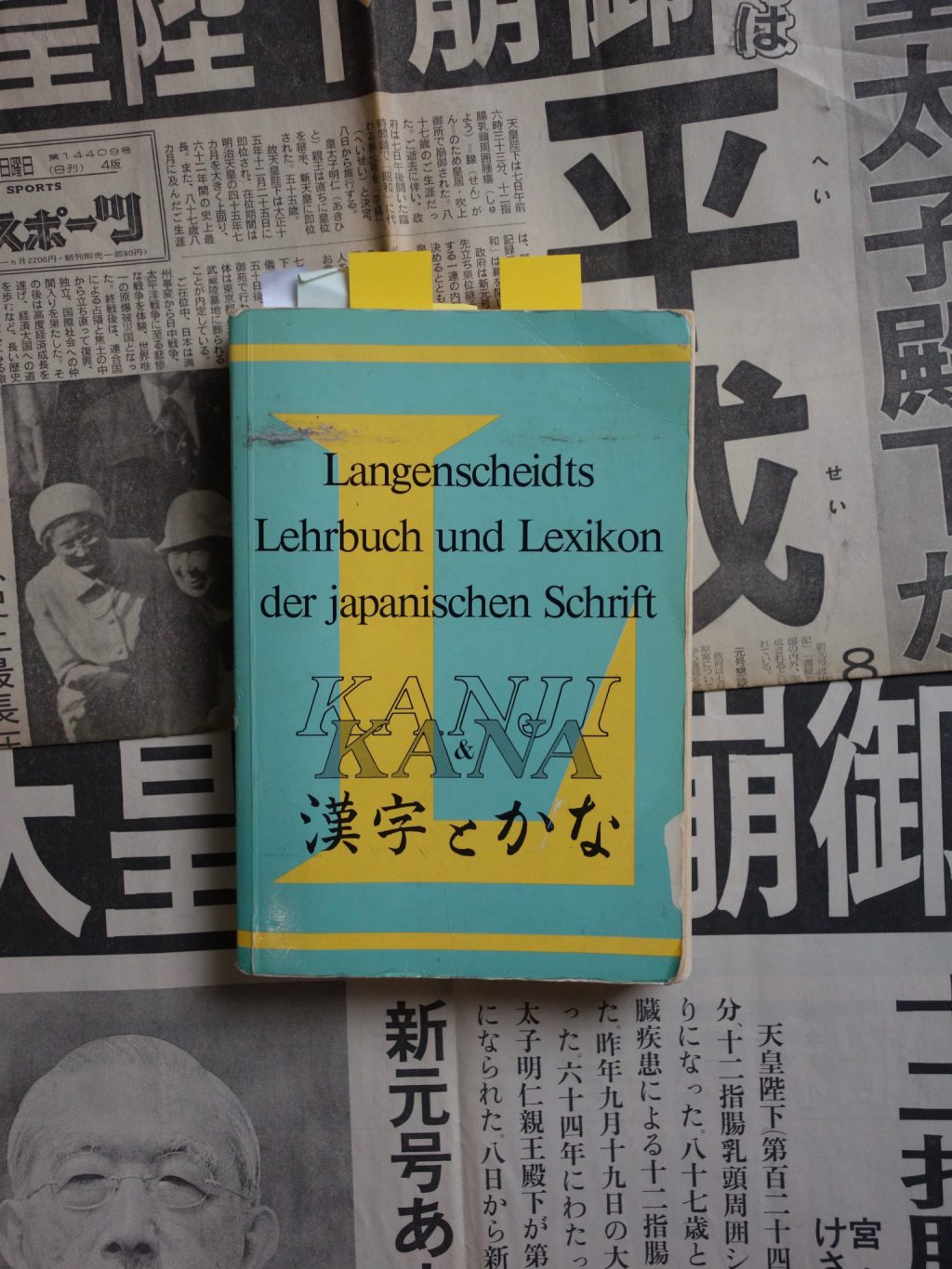
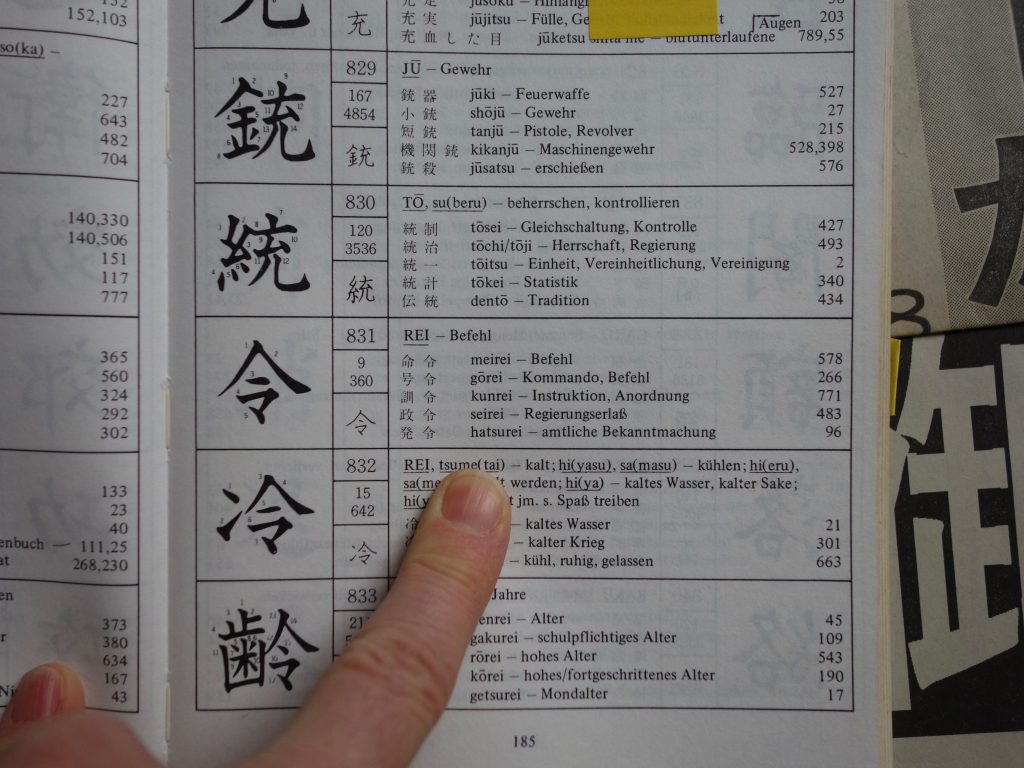
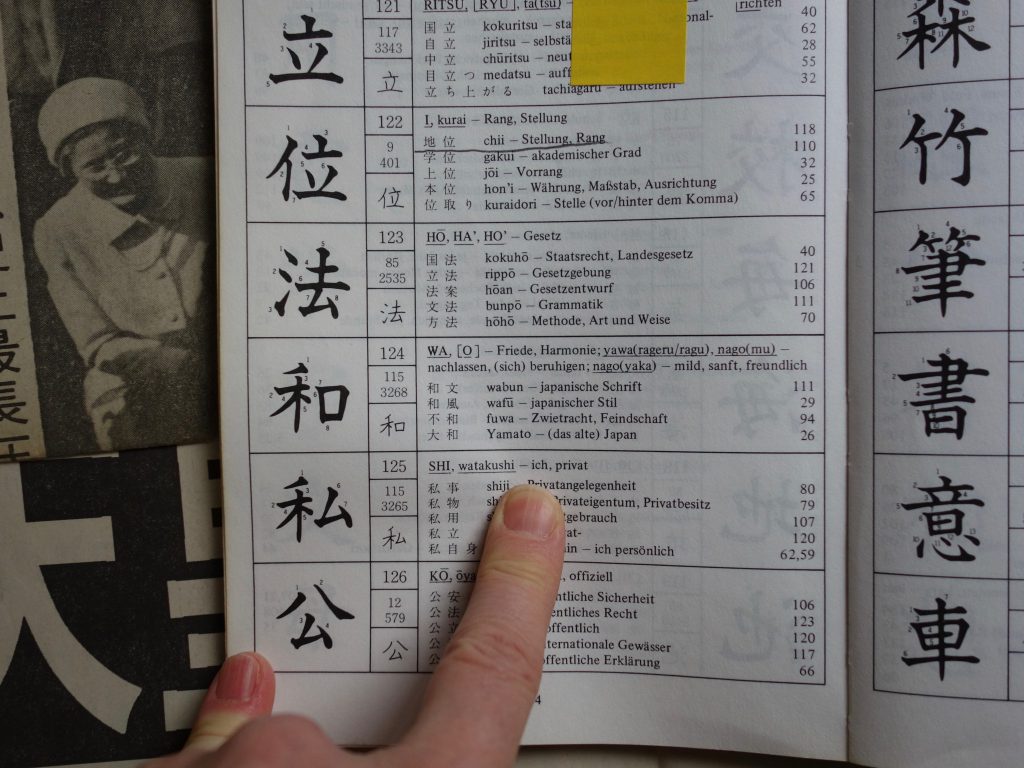
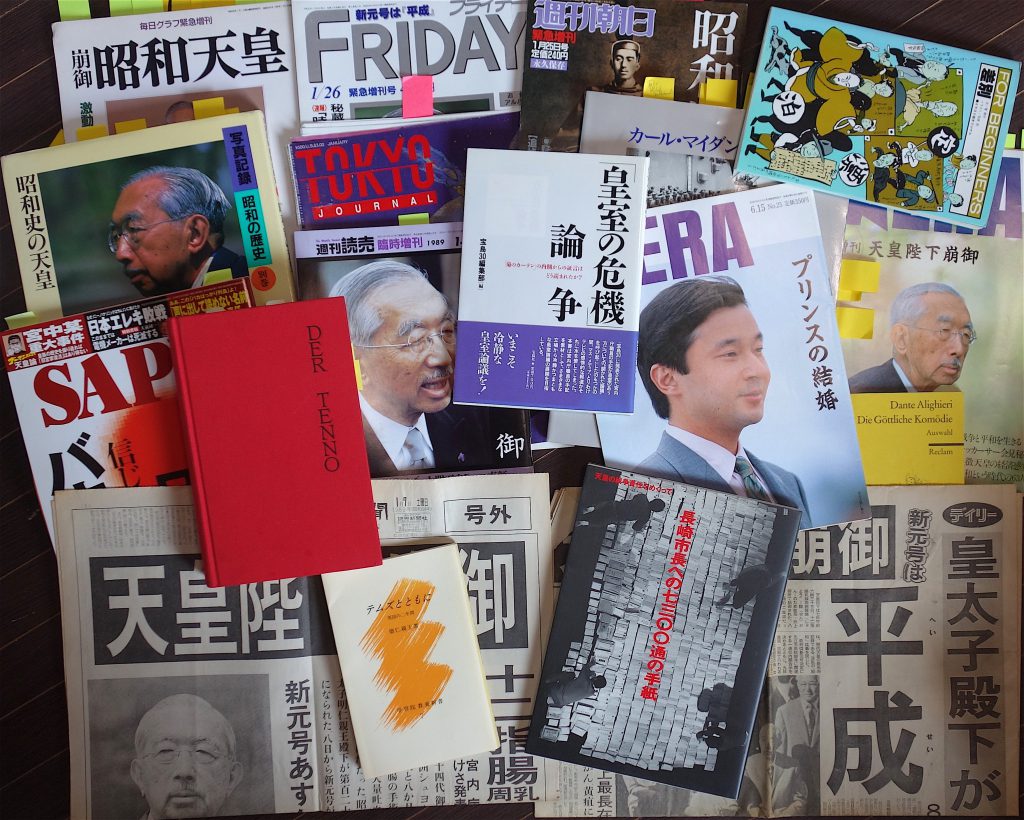
up-date:
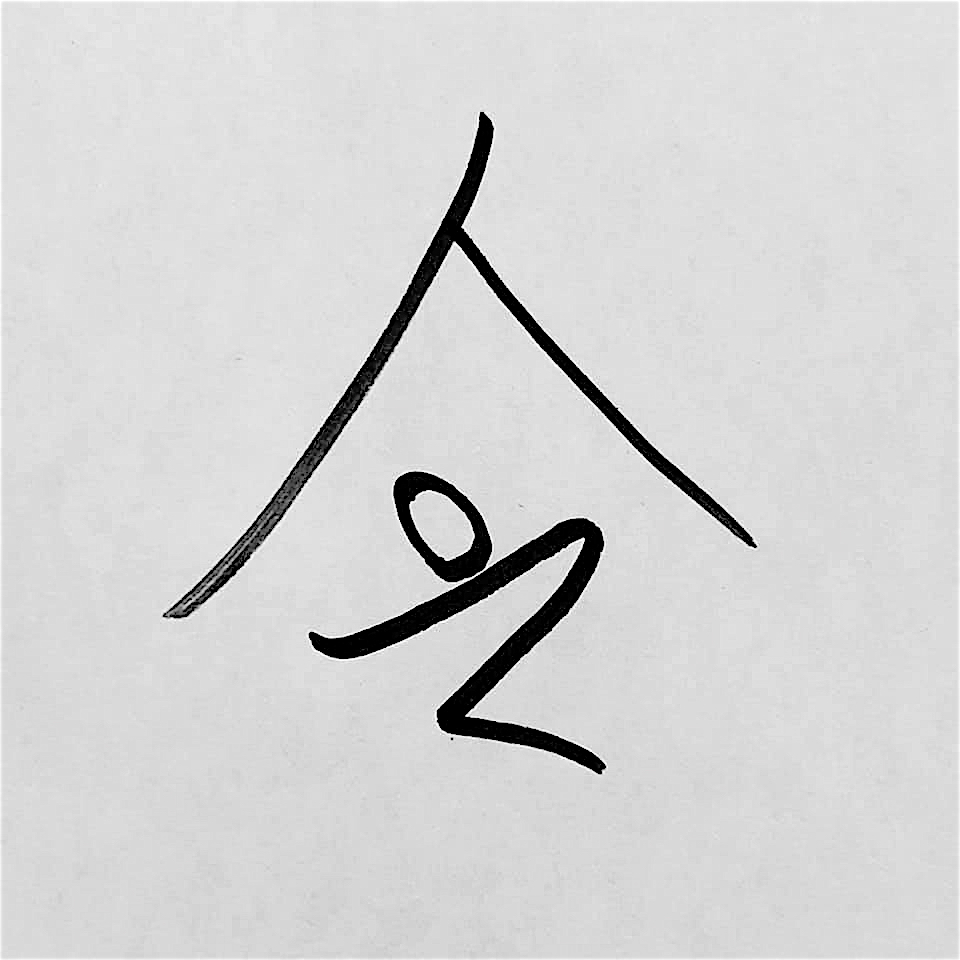
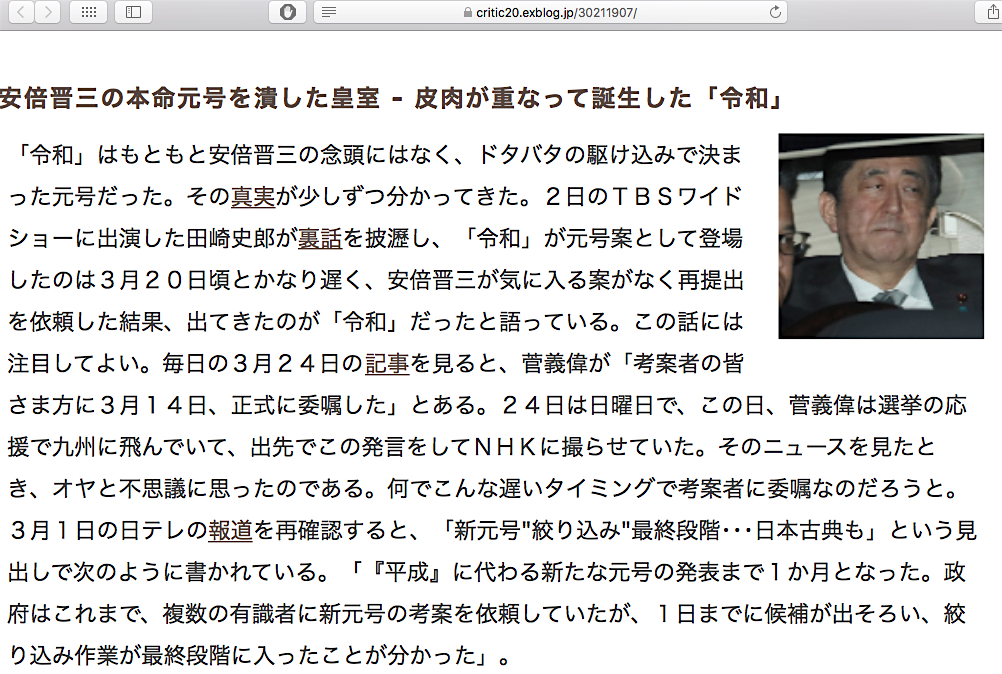
安倍晋三の本命元号を潰した皇室 – 皮肉が重なって誕生した「令和」
quote:
わずか2週間という短い時間で「令和」が浮上し、時間切れの混乱の中でバタバタと決着した。決めたのは安倍晋三だが、安倍晋三にとっても決して本意ではない決定である。無論、残りの5案(英弘、久化、広至、万和、万保)はサクラであり、体裁を整えるための刺身のつまに他ならない。有識者の面々は、安倍晋三が決める安倍元号をオーソライズするための雛壇衆でしかなく、彼らには直前に、会議本番では「令和」を推すようにと指示が届いている。
full text at:
https://critic20.exblog.jp/30211907/

「令和」は当初の案に含まれず 3月中旬以降、最終段階で追加されていた
毎日新聞2019年4月3日
政府が1日に新元号と決めた「令和(れいわ)」は当初、政府が五つ程度に絞った元号案に含まれていなかった。3月中旬より後の最終段階で追加されていた。複数の政府関係者が明らかにした。
政府は3月上旬に案を絞り込み、菅義偉官房長官が安倍晋三首相に説明。その際に「令和」は含まれていなかった。その後の調整で、原案に令和を追加した6案を1日の有識者懇談会などに示す方針が固まった。
6案のうち国書出典は令和、「英弘(えいこう)」「広至(こうし)」の3案。ただ「英弘」や「広至」は訓読みすると「ひでひろ」「ひろし」とも読め、人名の発音と重なる。「国書からの選定」の可能性を高めるため、万葉集研究で知られる中西進・大阪女子大名誉教授に追加で考案を依頼した可能性がある。
首相は1日夜に出演したNHK番組で、令和を初めて見た感想として「大変、新鮮な響きがあるなと思った。漢籍を典拠としたものと違い、自然に一つの情景が浮かぶ」と述べ、初見の時点で高く評価していたと明かしている。【古川宗】
http://mainichi.jp/articles/20190403/k00/00m/010/317000c

「令和」最終段階で追加 政府要請で中西氏提出か
4/3(水) 19:08配信
政府が新元号に決定した「令和」は、選定作業が最終段階を迎えた3月中旬以降、候補名に追加されたことが分かった。考案者との見方が専門家の間で浮上している中西進国際日本文化研究センター名誉教授が要請を受けて提出した可能性がある。政府は有識者懇談会で国書(日本古典)の採用を事実上促し、令和に決定した。複数の関係者が3日、明らかにした。
菅義偉官房長官は1月下旬ごろ、元号担当の古谷一之官房副長官補らが事前に選定した20~30の候補名提出を受け、絞り込み作業を開始。政府関係者によると、令和は3月上旬の段階では候補名になかった。
https://headlines.yahoo.co.jp/hl?a=20190403-00000165-kyodonews-soci
アップデート
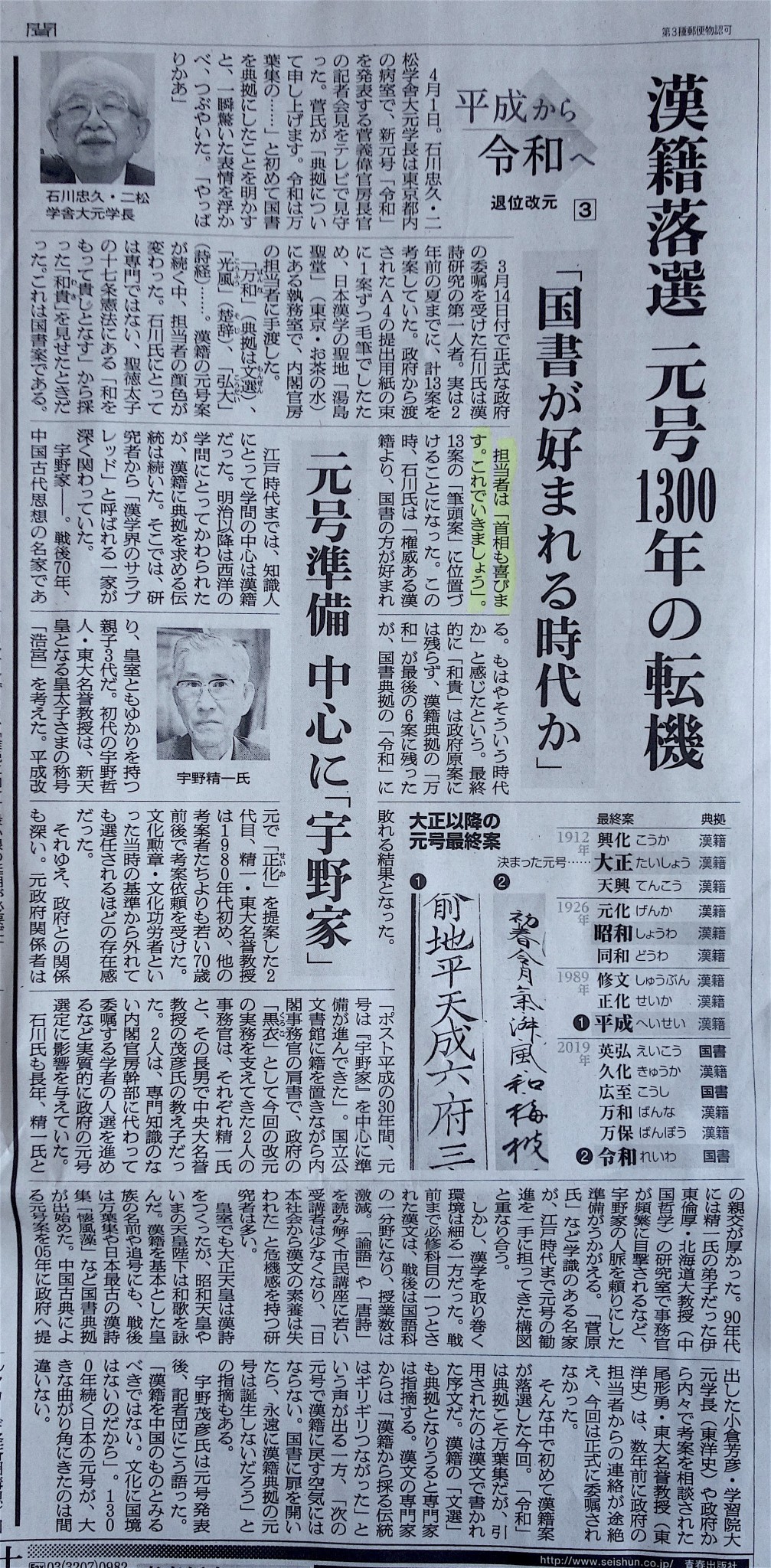

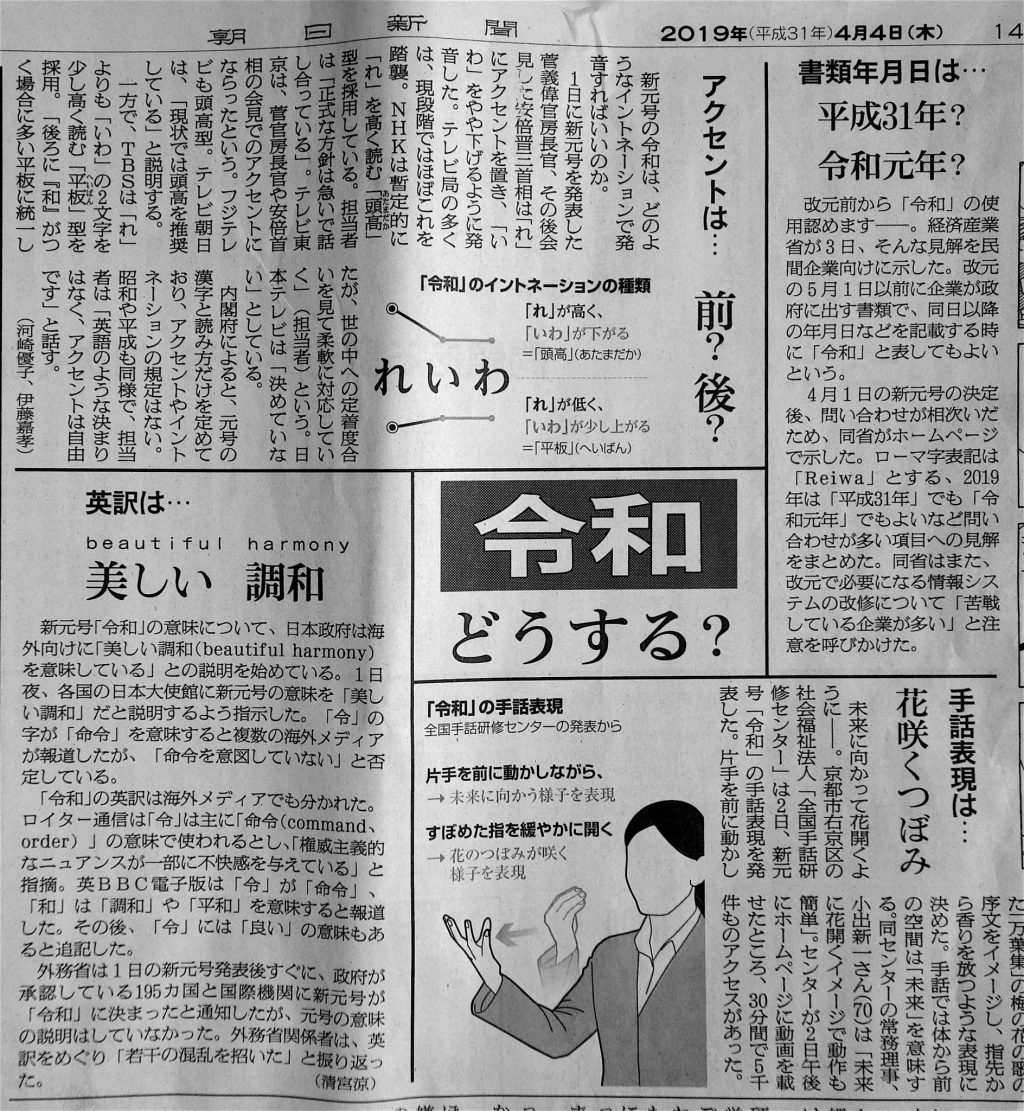
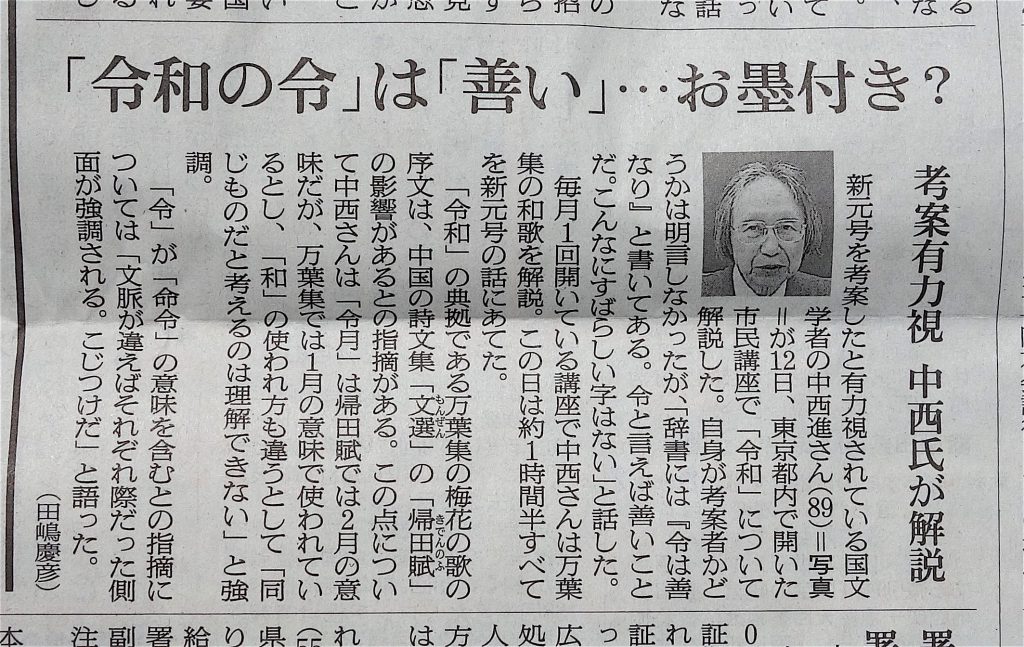
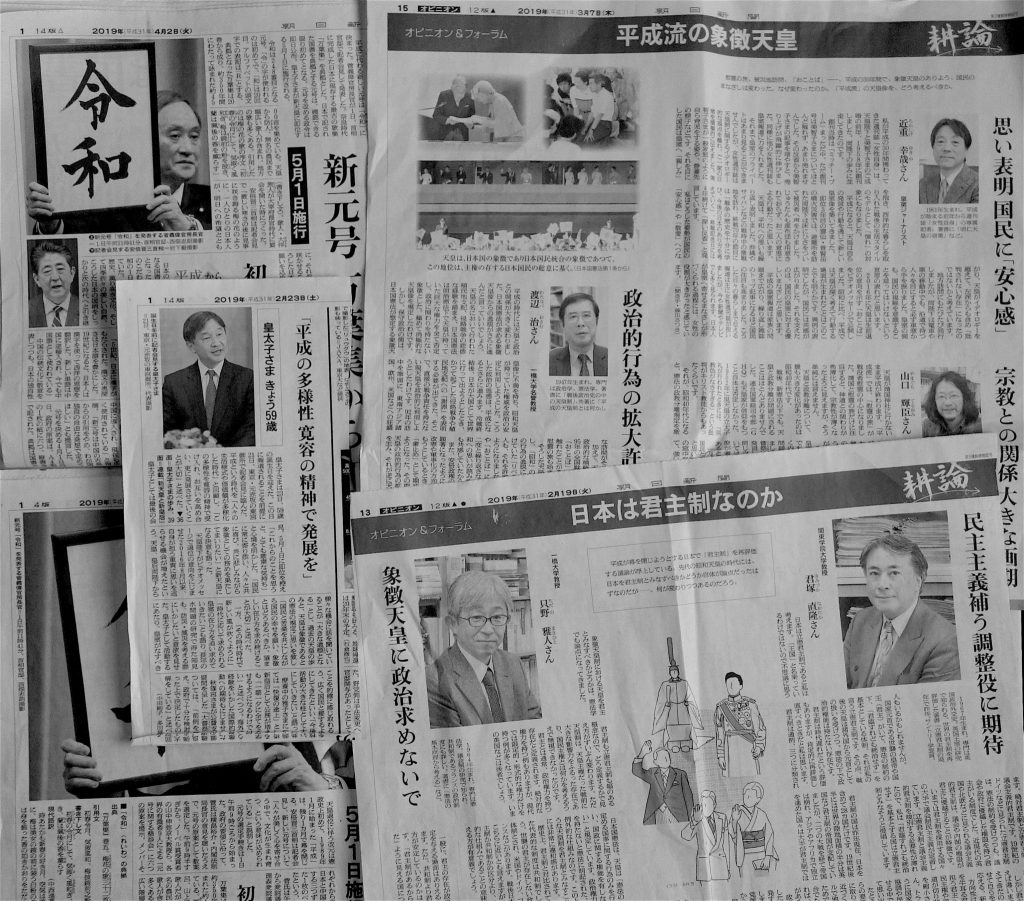
アップデート
新元号の考案者か 中西進さんが語った「令和」への思い
2019年4月20日 20時00分新元号
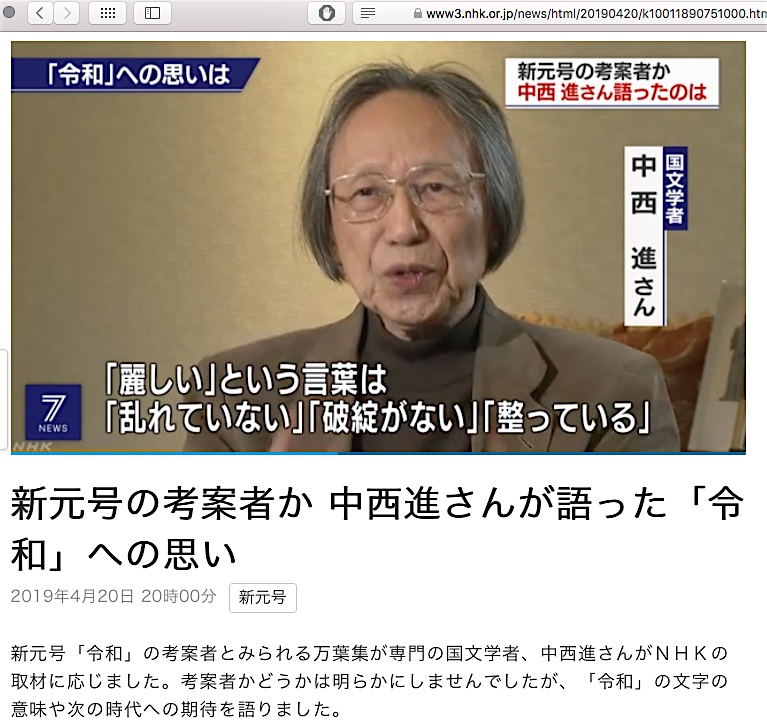
新元号「令和」の考案者とみられる万葉集が専門の国文学者、中西進さんがNHKの取材に応じました。考案者かどうかは明らかにしませんでしたが、「令和」の文字の意味や次の時代への期待を語りました。
国際日本文化研究センター名誉教授の中西進さん(89)は、万葉集研究の第一人者として知られ、関係者の話などから、新元号「令和」の考案者とみられています。中西さんは、20日午後、京都市の自宅で取材に応じました。
中西さんはインタビューの中で、考案者かどうかは明らかにしませんでした。
新元号の「令和」の感想を尋ねると、「皆さんに歓迎されている様子があってうれしいです。なぜこれがいいかというと、発音があります。令和というのは響きがいいです」と話しました。また、「令和」の「令」の字の意味について、「『令』という字は『善』と近い。そして、麗しいという概念をあらわす究極のことばで、乱れていない、破綻していない、整っているということです」と述べました。
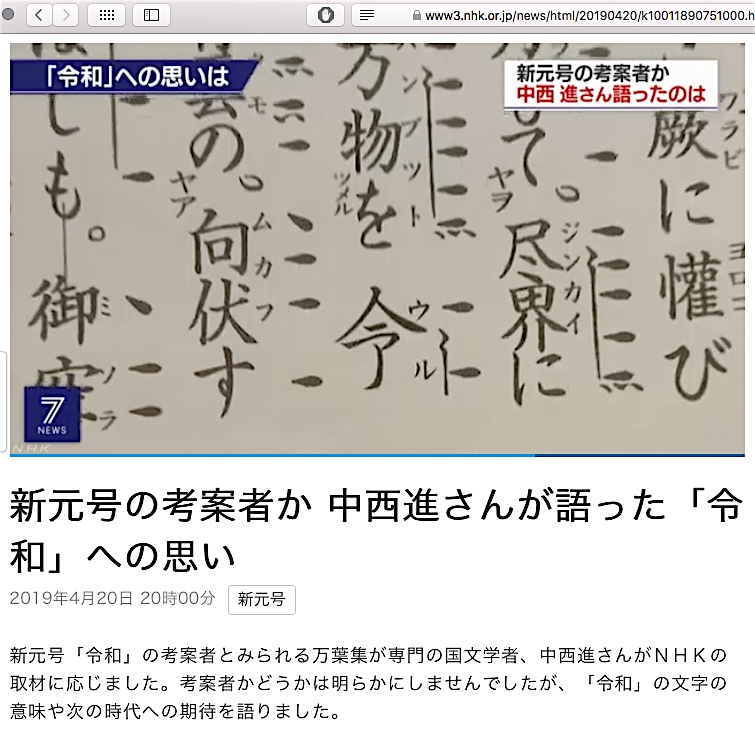
「和」については、「わかちあってみんなで仲よくする。一人ひとりが尊敬されるのが『和』です」としたうえで、自身の戦争経験を踏まえ、「戦争で三百何十万人が死にました。そのようなことは二度と繰り返してはならない。『和』というのはある意味皮膚感覚で、日本人は『和』を伝える使命がある」と話しました。
そのうえで、4年前に自身が詠んだ「日の本」という小謡が令和の精神と合致するものだと明かしました。この小謡には、「令」と「和」の漢字が含まれています。
中西さんは、元号については「元号は1つの文化で、人間の自然そのもの、哲学です。日本人だけが元号で区切りをつけて意味を持たせて喜び合います」と述べました。
そして、来月から始まる「令和」の時代に向けて、「『令』の期待が大きいです。『令』には尊敬の気持ちがあり、人間の中でいちばん大事です。競争が奨励されるものではないので、自己をたかめ、仲よくしていくすごくいい目標ができたと思います」と語りました。
https://www3.nhk.or.jp/news/html/20190420/k10011890751000.html
アップデート:
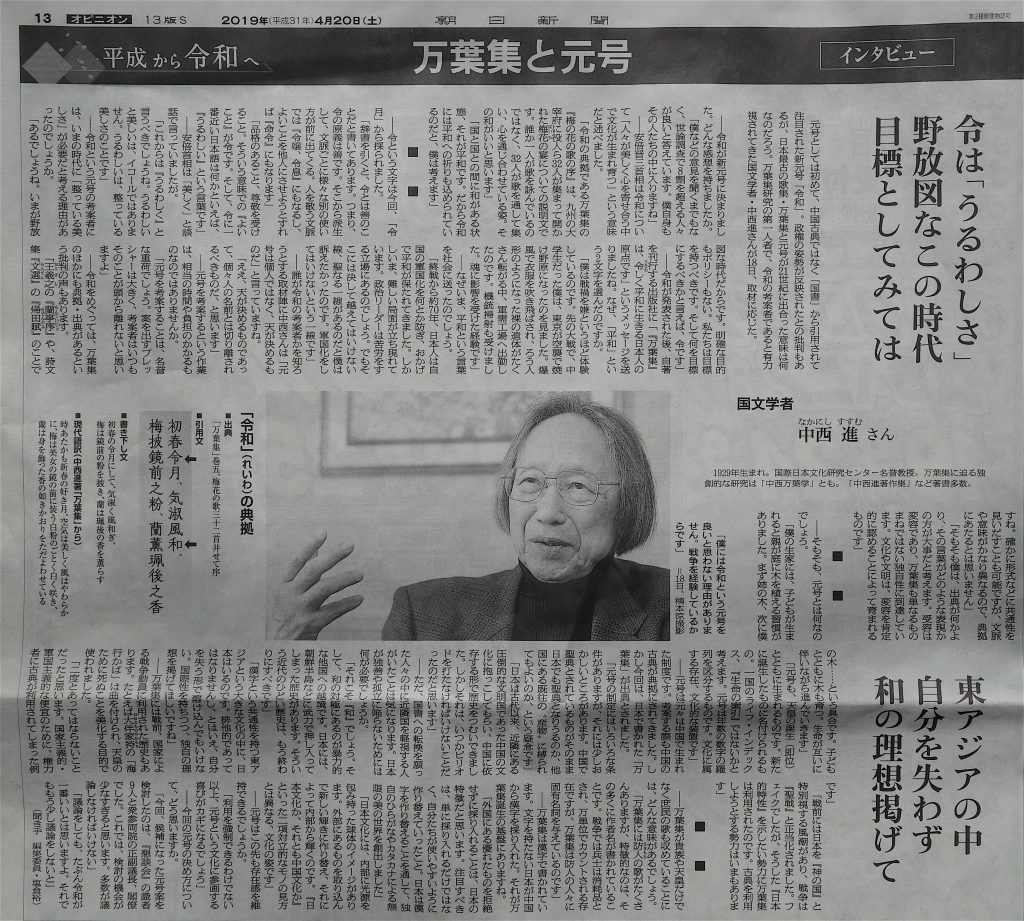
Abe’s leak of era name finalists may have been unconstitutional
THE ASAHI SHIMBUN
April 30, 2019
Prime Minister Shinzo Abe’s reporting of six candidate names for a new era to Crown Prince Naruhito in advance could be deemed as involving him in the decision-making, which would violate the Constitution, according to experts.
Abe briefed the crown prince apparently out of consideration to conservative politicians, who are the prime minister’s support base. Article 4 of the Constitution prohibits the emperor from getting involved in national politics.
On March 28, Abe chose six candidate names in a meeting of high-ranking officials of the prime minister’s office and others. The six were “Eiko,” “Kyuka,” “Koshi,” “Banna,” “Banpo” and “Reiwa.”
The next day, on March 29, Abe briefed Naruhito on the six names in a one-on-one meeting in the crown prince’s residence, three days before the selection and announcement were made.
Typically, prime ministers do not meet the crown prince individually though they meet with the emperor to brief him on state affairs. Therefore, Abe first met Emperor Akihito and then with Naruhito.
A government official said that the prime minister informed the crown prince of the six candidate names because one would become the “okurina” (posthumous name) of Naruhito, who will become the new emperor on May 1.
CHANGE OF ERA NAME FOLLOWING ABDICATION
The change of the era name following the abdication of an emperor is the first since the Constitution-based political system was started in the Meiji Era (1868-1912). The government decided to announce the name of the new era before the enthronement of the new emperor.
If the government announced the name of the new era while Akihito was still the emperor, Akihito would promulgate a Cabinet ordinance on the change of the era name by signing and sealing it.
However, conservative politicians, including members of Nippon Kaigi (Japan conference) group, strongly opposed the idea, demanding that the new emperor, Naruhito, promulgate the ordinance.
In late December 2018, Abe secretly invited conservative lawmakers, including Seiichi Eto, special adviser to the prime minister, to the prime minister’s office. He persuaded them to accept the announcement of the name of the new era by the government one month before the enthronement of the new emperor.
In exchange for supporting the proposal, Eto and other conservative lawmakers demanded that Abe disclose the candidate names of the new era to Naruhito in advance.
In the previous change of the era name made in 1989 following the death of Emperor Hirohito, the then government reported the new era name, Heisei, to the new emperor, Akihito, immediately prior to the Cabinet deciding on the name.
Reporting the name to the new emperor before the official Cabinet decision was a special consideration given to the new emperor.
At that time, some constitutional scholars criticized the report, saying that it violated the intent of the Constitution, which mandates that sovereignty resides with the people.
This time, Abe gave consideration to Naruhito by disclosing the six candidate names to him three days before the official announcement was made.
On April 1, Abe reported the official name to Akihito and Naruhito after the Cabinet decided on it.
However, Abe’s act of reporting candidate names to Naruhito three days before the announcement created a stronger suspicion of unconstitutionality that the new emperor could have been involved in the process of selecting the new era name than what occurred in the 1989 selection.
Though Naruhito was still the crown prince when Abe reported candidate names to him, a high-ranking official of the Cabinet Legislation Bureau said, “If the prime minister only made a report (to Naruhito) without seeking his opinion, there will be no problem under the Constitution.”
On the other hand, Katsutoshi Takami, professor emeritus of the Constitution at Sophia University, said that disclosing candidate names to the crown prince in advance means that the government wrongly used the law on the era name, which keeps the selection of a new era name separate from the emperor.
Takami added, “Article 4 of the Constitution also prohibits politicians from making use of the emperor’s authority. The prime minister’s act that was aware of certain people supporting his administration corresponds to ‘political utilization of the new emperor’ irrespective of whether (Abe) sought the crown prince’s opinions or not and therefore is suspected to have violated the Constitution.”
ADDED UNDER ABE’S INSTRUCTIONS
Meanwhile, it was found that the new era name, Reiwa, was submitted as an additional choice by Susumu Nakanishi, a scholar on Japanese literature, in late March after the government asked scholars for more choices under Abe’s instructions.
According to some government sources, Abe received the first report on candidate names of the new era from his staff in late February. The report contained more than 10 candidate names. However, Abe instructed staff to ask scholars for more possibilities.
On March 14, the government officially asked experts in such fields as Japanese literature, Chinese literature, Japanese history and Asian history for more recommendations.
Meanwhile, from early March to late March, the government requested several scholars to submit additional choices. In response, they submitted several candidate names. One of those was Reiwa.
http://www.asahi.com/ajw/articles/AJ201904300049.html
アップデート、他のエントリーをご参考:
令和時代は雅子さまの時代を。
Reiwa Era Should Become The Era of Empress Masako.
https://art-culture.world/articles/reiwa-era-should-become-the-era-of-empress-masako/
旧皇室庭園、東京新宿御苑で美しい桜の季節が始まりました
Beautiful Cherry Blossoms Started Blooming at Tokyo Shinjuku Gyoen National Garden (Former Imperial Garden)
https://art-culture.world/articles/tokyo-shinjuku-gyoen-national-garden-cherry-blossom-新宿御苑-桜の季節/
天皇、日本文化の象徴、2019年1月1日
Emperor of Japan, Symbol of Japanese Culture, 1st January 2019
https://art-culture.world/articles/emperor-of-japan-tenno-symbol-of-japanese-culture/
天皇皇后両陛下 初の肖像画
Portrait Painting of Their Majesties the Emperor and Empress of Japan
https://art-culture.world/articles/portrait-painting-of-their-majesties-the-emperor-and-empress-of-japan/
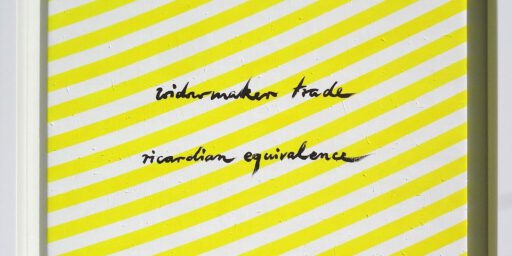
-512x256.jpg)
